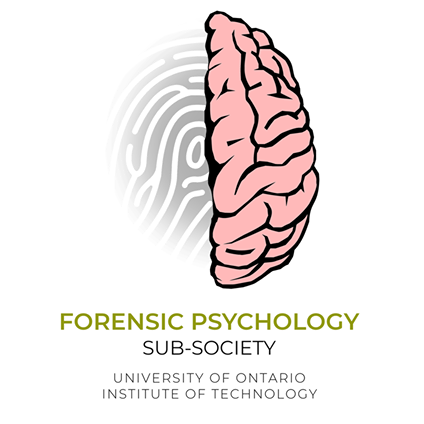Undergraduates
Our Forensic Psychology program prepares you for leadership roles in the interface between Psychology and Law. The Forensic Psychology program combines disciplinary study in Psychology, specialized study in Forensic Psychology, study in related fields, and applied
The first and second years of study are common to all Forensic Psychology students. In the third and fourth years, you will develop unique knowledge bases and skills through carefully selected elective coursework in Forensic Psychology and related disciplines and applied
Admission
Admission is competitive. The specific average or standing required for admission varies from year to year. Students are selected by taking into consideration a wide range of criteria including school marks, distribution of subjects taken, and performance in subjects relevant to the academic program. Possession of the minimum requirements does not guarantee acceptance. Preference will be given to applicants with the best qualifications.
For more information, visit Admission Requirements.
- Academic Advising
- Degree Requirements
- Advanced Entry
- Double Major
- Minor in Forensic Psychology
- Forensic Psychology Sub-Society
- Honours Thesis
- Experiential Learning
- Directed Lab Research
- Research Labs
- Career Opportunities
Academic Advising
Faculty of Social Science and Humanities
Charles Hall
61 Charles Street, Third
905.721.8668, ext. 3838
sshadvising@ontariotechu.ca
For more information, please visit the Academic Advising page.
To be eligible for the Bachelor of Arts (Honours) degree in Forensic Psychology, students must meet both the degree requirements and requirements of the major as outlined below for a total of 120 credits. Each year prior to course registration, the order and timing of course offerings will be released by the faculty and communicated to students.
For more information, please visit the Forensic Psychology page on the Academic Calendar.
Forensic Psychology - Advanced Entry
The Forensic Psychology Advanced Entry program provides college graduates with the opportunity to apply their Police Foundations; Correctional Worker / Community and Justice Services; Child and Youth Worker; Protection, Security and Investigation; or Social Service Worker two-year diploma toward a Bachelor of Arts (Honours) in Forensic Psychology.
For more information on admission requirements, please see Forensic Psychology - Advanced Entry.
GAS Transfer
Students who have successfully completed a General Arts and Sciences Certificate - Ontario Tech Liberal Arts Transfer option may apply for direct admission into the second year of the Forensic Psychology program.
For more information, please see Forensic Psychology - GAS Transfer.
For more information on the Forensic Psychology minor, please visit the Academic Calendar.
 The Forensic Psychology Club provides its
The Forensic Psychology Club provides its Check out this club on Facebook, Twitter
What is it?
A specific scholarly project on a well-defined forensic psychological topic, to be determined in consultation with a thesis supervisor.
How to apply?
Students apply to register in the Honours Thesis program by submitting to Academic Advising an outline of the proposed forensic psychological topic.
The FSSH Experiential Learning office serves students from all BA programs, arranging placements and internships for students in a wide variety of workplace environments. The office has an established network of contacts for catering to students enrolled in the Criminology and Justice program. For more information, please visit the Experiential Learning Office page.
Previous Practicum placements have included:
- Crime Prevention Association of Toronto
- Durham Regional Police Services
- John Howard Society of Durham
- Lakeridge Health
- Ontario Shores
- The Refuge Youth Outreach Centre
- York Regional Police
For more information, please visit the Practicum page.
As a Forensic Psychologist, you will be equipped with the skills and knowledge to succeed in careers including:
- Child protection worker
- Corrections officer
- Crime prevention officer
- Drug abuse counselling
- Family service worker
- Intelligence officer
- Law enforcement officer
- Mental health technician
- Probation officer
- Residential youth counsellor
- Social service assistant
- Statistical assistant
